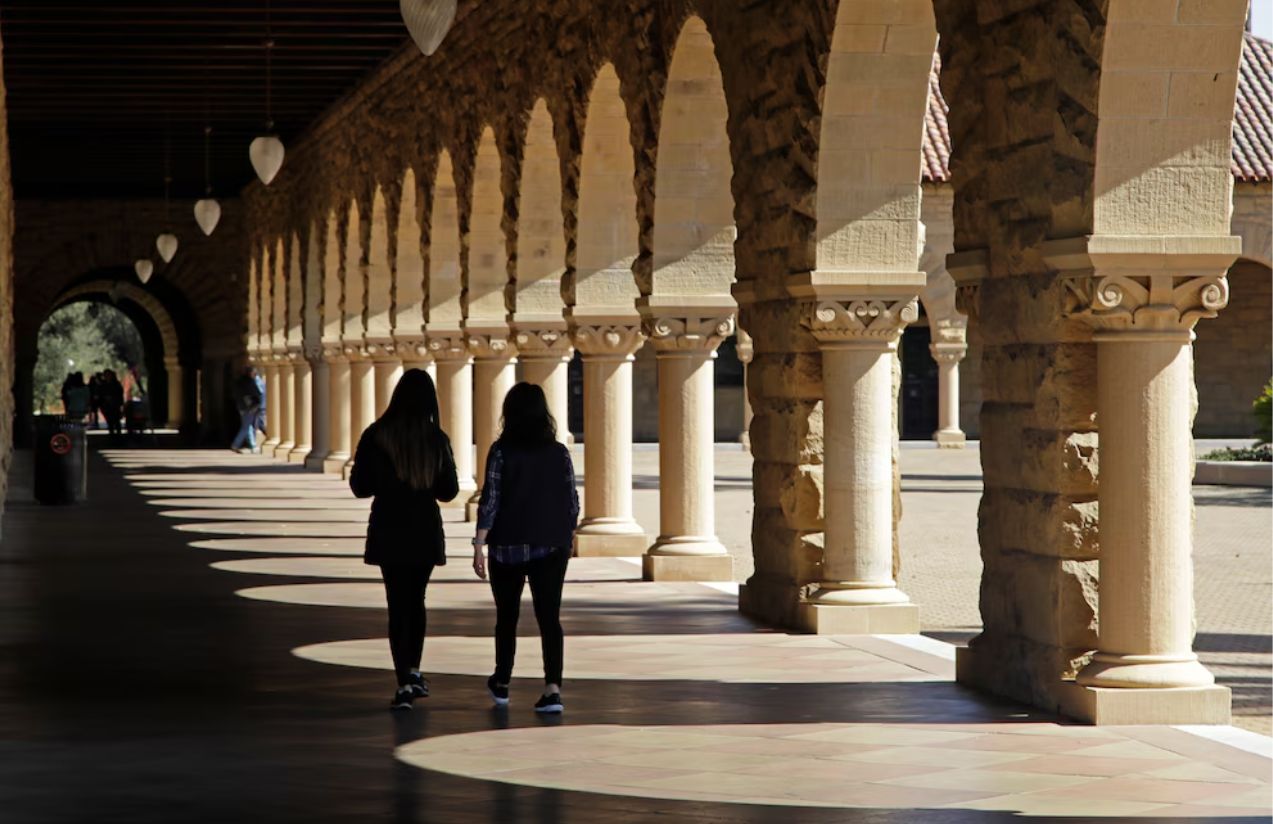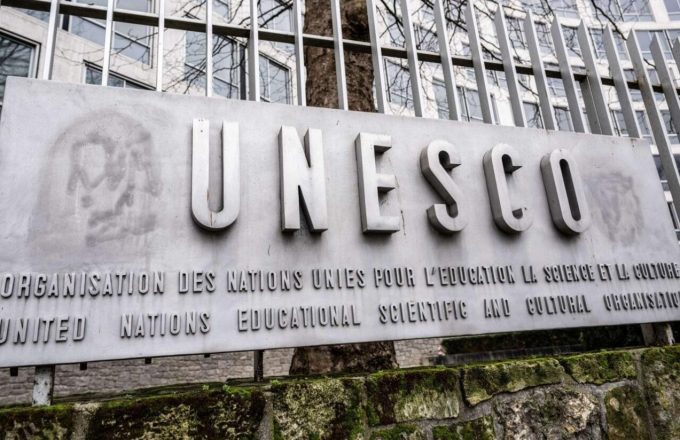Secretary of State Marco Rubio announced on Tuesday that the United States will begin revoking visas for Chinese students, particularly those suspected of having ties to the Chinese Communist Party or enrolled in academic programs deemed sensitive by Washington.
The announcement, made via his official account on X (formerly Twitter), adds to a series of federal policies that have stirred growing uncertainty among the more than one million international students currently studying in the country.
In a parallel move, the State Department issued a cable to U.S. embassies and consulates ordering the immediate suspension of new visa interviews for international students. While new guidelines are being drafted, applicants can expect heightened scrutiny of their social media activity. Previously scheduled interviews will continue under existing protocols, though significant changes are expected in the coming days.
The measure comes amid escalating tensions between the federal government and American universities. Just days earlier, the administration attempted to block new international student enrollments at Harvard University—a move temporarily halted by a federal judge pending the outcome of a legal challenge.
Speaking from the Oval Office, President Donald Trump defended the policy and criticized Harvard for having more than 25% of its student body comprised of foreign nationals. “I want to make sure that international students are people who can love our country,” he stated. He also suggested lowering that percentage to 15%.
The standoff deepened after the Department of Homeland Security (DHS) requested detailed information from Harvard on international students allegedly involved in protests or violent activities. The university responded, but the agency deemed the information “insufficient.” As part of the pressure campaign, the federal government has already slashed over $2.6 billion in subsidies to the university.
Since 2019, visa applicants have been required to disclose their social media usernames. However, the latest State Department cable indicates that future reviews will be even more extensive, potentially involving advanced technologies and human resources to monitor applicants’ online behavior.
Jonathan Friedman, a representative of PEN America—an organization that defends freedom of expression—warned that the policy could discourage prospective students from choosing the U.S. as an academic destination. “Details remain vague, but this initiative risks undermining the U.S.’s traditional role as a beacon of intellectual and cultural exchange,” he cautioned.
In February, students who had participated in protests against the war between Israel and Hamas were detained and faced deportation proceedings. Although the administration ultimately reversed its decision, it also expanded the criteria by which international students can lose their academic residency status.
In response, institutions like Northeastern University—which hosts over 20,000 international students—have activated “contingency plans” to address potential visa delays or cancellations, according to spokesperson Renata Nyul. “This is a highly dynamic situation, and we are monitoring developments in real time to assess any potential impact,” she stated.
Meanwhile, Fanta Aw, Executive Director of the National Association of International Educators (NAFSA), warned that the government’s decision will have immediate negative effects. “International students and scholars are tremendous assets that contribute to U.S. leadership in innovation, research, and economic strength. Undermining their ability to study here is counterproductive,” she emphasized.
More than 1.1 million international students studied in the U.S. last year, according to official figures. They represent a vital source of revenue for universities—many of which rely on full tuition payments from these students, who are ineligible for federal subsidies and state scholarships.
While the exact implementation of the new measures remains unclear, one thing is evident: the educational gateway to the United States is closing to more students with each passing day.




















